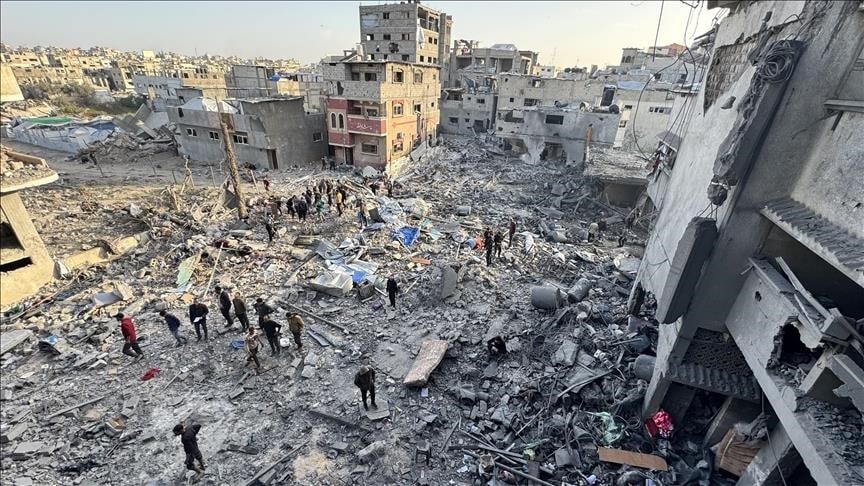UN Warns of Universal Risk of Atrocity Crimes

UN Secretary-General António Guterres addressed the General Assembly today, marking the twentieth anniversary of the Responsibility to Protect (R2P) doctrine. This principle, established during the 2005 World Summit, emphasizes the obligation of states to safeguard their populations from genocide, war crimes, ethnic cleansing, and crimes against humanity. Guterres highlighted the urgent need for collective action in the face of escalating global conflicts and the challenges posed by emerging threats, calling for renewed commitment to this moral imperative.
Historical Context of the Responsibility to Protect
The Responsibility to Protect was born out of a recognition that sovereignty entails not just rights but also responsibilities. At the 2005 World Summit, world leaders committed to ensuring the safety of their citizens from atrocities. This commitment underscores the duty of the international community to assist states in fulfilling this responsibility. Guterres emphasized that when national authorities fail to protect their populations, it is imperative for the global community to take timely and decisive action in accordance with the United Nations Charter. As we reflect on two decades of R2P, the Secretary-General noted that the world is currently experiencing unprecedented levels of armed conflict, characterized by identity-based violence and widespread violations of humanitarian law.
Current Global Challenges
Guterres pointed out that the number of armed conflicts has surged since World War II, with many conflicts becoming increasingly complex and interconnected. He warned that new threats, such as the misuse of advanced technologies and the proliferation of sophisticated weaponry, necessitate a reevaluation of strategies to prevent atrocities. The Secretary-General lamented that early warnings of potential crises often go unheeded, and evidence of crimes is frequently met with denial or indifference. He stressed that the consequences of these failures are borne most heavily by civilians, who are often caught in the crossfire of escalating violence.
Insights from the Seventeenth Report on R2P
In his remarks, Guterres presented the seventeenth report on the Responsibility to Protect, which reflects two decades of efforts and includes insights from a recent survey. The findings indicate strong support for R2P among member states, with affected communities viewing it as a beacon of hope. However, there is a clear demand for effective implementation at all levels. The report highlights successful initiatives from regional organizations, such as the African Union and ASEAN, as well as multilateral efforts like the Group of Friends of R2P. Guterres emphasized the importance of early diplomacy and institutional innovation in preventing and responding to atrocity crimes.
The Path Forward
As the anniversary of the Responsibility to Protect is observed, Guterres reiterated that no society is immune to the risk of atrocity crimes. He called for prevention efforts to start at home, emphasizing the need for leadership that protects rights and promotes diversity. Global support through multilateral cooperation and principled diplomacy is essential for effective protection of populations. The Secretary-General concluded with a call to action, urging the international community to deepen its commitment to R2P and ensure that the prevention of atrocities becomes a universal practice. He stressed the importance of moving forward with resolve and unity to fulfill the promise of protecting vulnerable populations worldwide.
Observer Voice is the one stop site for National, International news, Sports, Editor’s Choice, Art/culture contents, Quotes and much more. We also cover historical contents. Historical contents includes World History, Indian History, and what happened today. The website also covers Entertainment across the India and World.
Follow Us on Twitter, Instagram, Facebook, & LinkedIn

